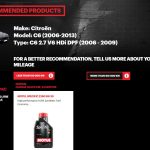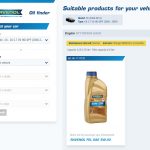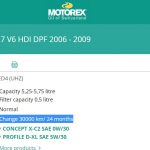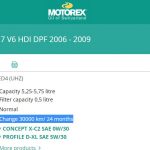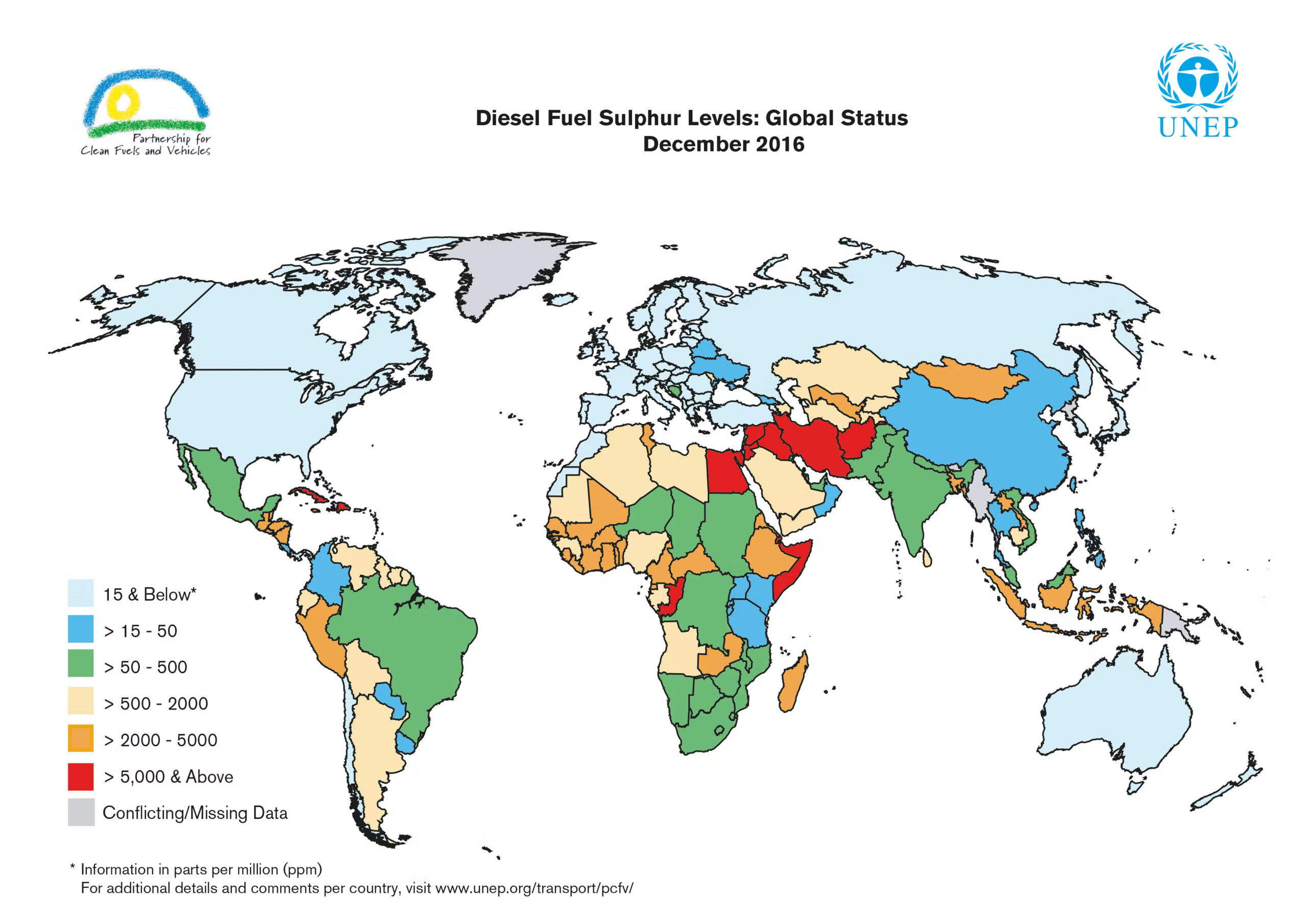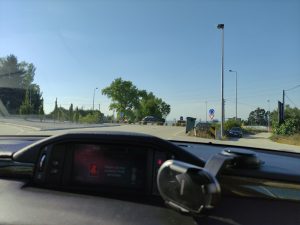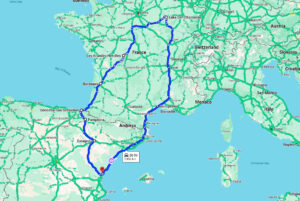What type of oil is best to use in a Citroen C6, 2.7 diesel engine?
This was my question, and soon I had to realize that the answer wasn’t going to be as easy and straightforward as I thought. I mean… now I have MY ANSWER and I am sticking to it, but it took me a few weeks of reading and learning about the numbers on the oil jugs, what they mean, and how they need to be interpreted.
What I realized was not actually new: on the internet, there is a lot of info. Your job is to figure out which info is actually good info.
Citroen C6s have a very solid fan base and, as usual, in the various C6 owner groups there are a lot of true experts, some people who know a lot, some who know a little, and some who know absolutely nothing at all. The real problem and danger is that in this amalgam of people, you will have the opinions of some absolute idiots, convinced they know it all and loudly stating their “knowledge” as true facts.
So the most difficult thing is to filter out and know whose information to believe.
I won’t keep you for long. If you want to find MY answer to what oil I put in MY car, here it is: Castrol 5W40 /C3, Api SN/CF. It is specially crafted for Turbo Diesel engines and has Mercedes Benz approval too. This is not the absolute best oil we could use in the car, but it’s a good enough oil, with the right specifications, and a brand that supposedly make good oils. Declared “Full synthetic” * which in theory is beter then semi synthetic or mineral oil. We change it at around 9000-10.000 km. See the reasoning below.
You can read below about how and why I chose this particular oil. I am not suggesting to anybody that they should do the same, merely that you take your time, document yourself, and learn about the oil. Because in the case of these cars, it can be a matter of life and death for the engine.
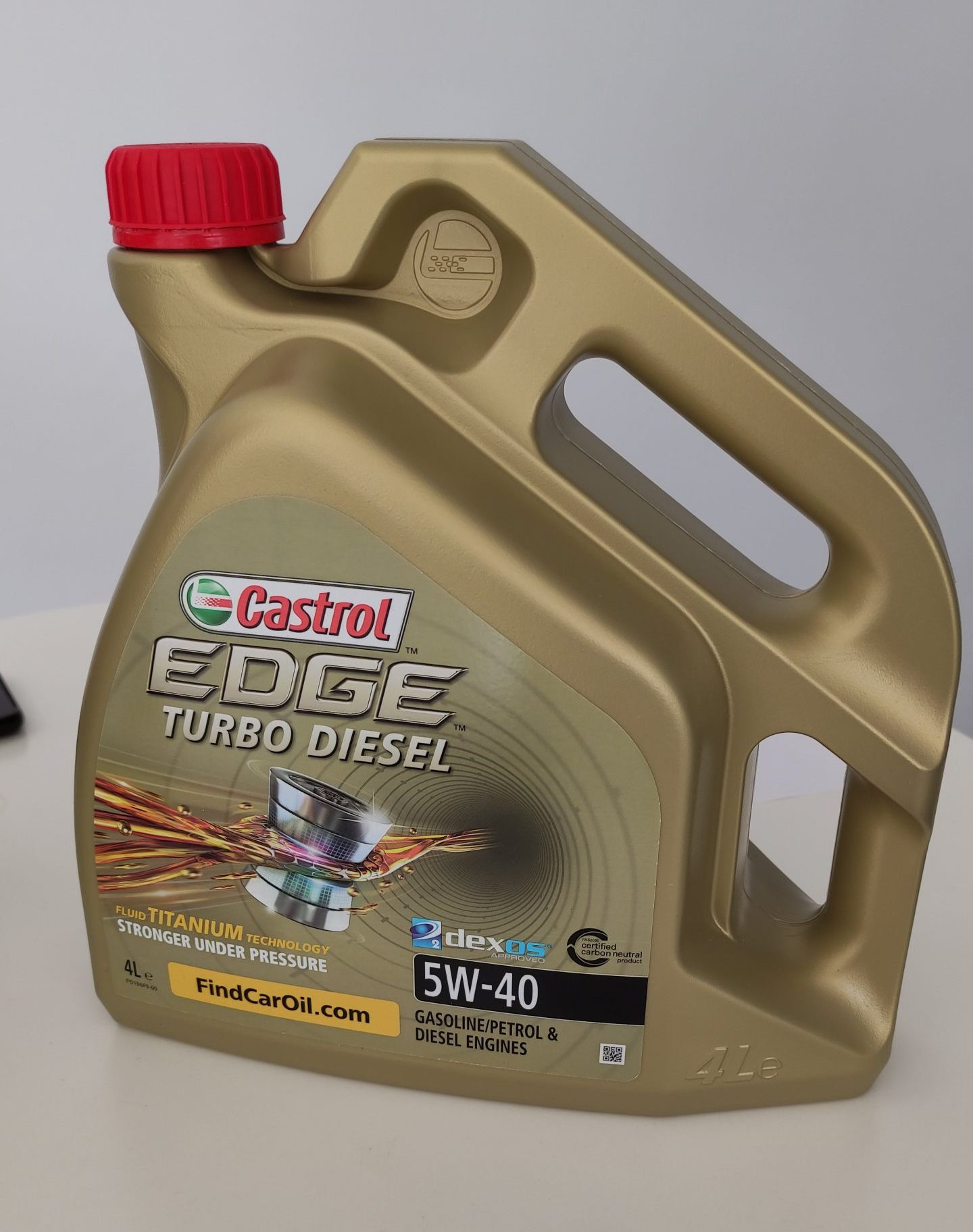
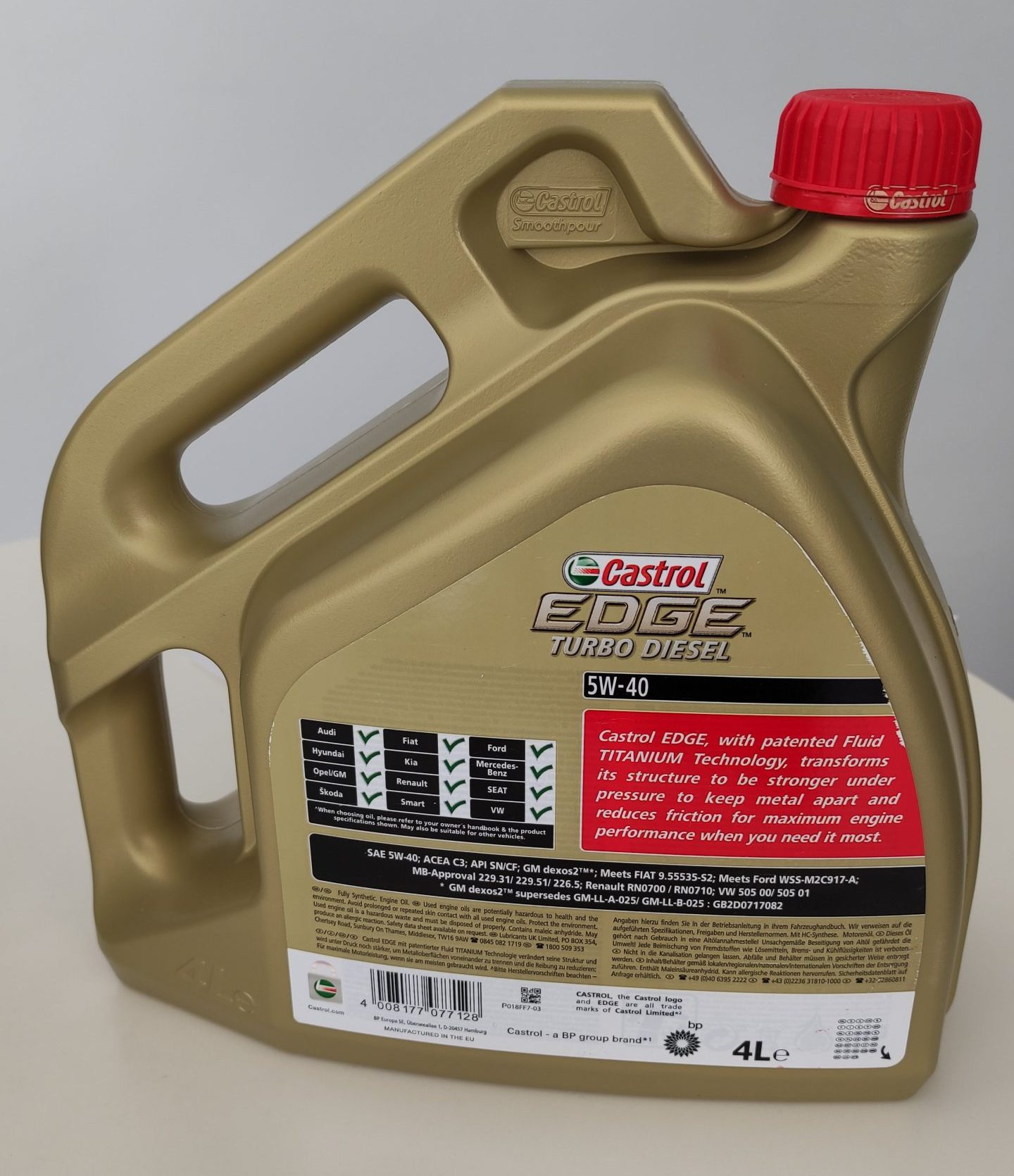
So here it is, the full story of my Oil Conondrum for the Citroen C6.
Oil change
Before we had Maudette, our C6, oil changes for us happened the following way: we called our mechanic, booked a date for the oil change, dropped the car off, and went back when we were called about the car being ready. I never asked, nor was interested in, what oil was put in the car. I trust this shop, and I know they do a good job.
But with Maudette, things changed. I read a lot of horror stories about engines blowing up “for no reason,” and this made me a bit worried. I knew engine oil was very important, so I figured if we used a better oil, it might help.
So as any normal person would do, I turned to the internet and started researching the oil question. Group after group, I ended up more confused than ever.
Some were swearing that the only good oil was 5W40. Others were worried about 10W40 being “stronger” oil. And still others were saying everybody is crazy, the only oil to be used is Total 5W30 C2.
The numbers kept adding up, the variables growing, and still I was lacking an answer: what is the safest oil to put in my car?
I mentioned my concerns to our mechanic, and he suggested looking it up in the online tools he has. And we did. Right in front of me, he did quite a few searches, and the result was always 5W30/C2 oil. I was told that I should not believe everything on the internet, and that the all the experts agree that this is the oil we should use.
Okay. But then why were some respected experts on two different groups — actually mechanics who deal with Citroen C6s — so adamant about using 5W40 oil? What is going on? Who can I belive? I never wanted to doubt our mechanic, but I was truly puzzled.
The research…
I have to say, before I started digging on this oil mystery, I had no idea how large of a rabbit hole I was going to go down. It took about 3 weeks of reading, searching, and reading some more, having more questions than answers and still not having an ultimate response.
It was frustrating.
You see, the oil question is not as simple as it may look, and each of the numbers/letters actually mean something.
I started with the car manual:
These were my options/recommendations for oil in the original book.
Total Quartz Diesel 7000 or Total Quarz 7000 10W40 A3/B3 SL/CF
Total Quartz 9000 5W40 A3/B4 SL/CF
Total Quartz Ineo ECS 5W30 C2
Not to be used on engines with FAP: Total Quartz Energy 9000 0W30 A3/B4 SL/CF oil.
I could have just picked one of the “original oils” and been done with it, but since I was genuinely curious about what makes a good oil, I didn’t stopped there.
Do we need to use ONLY Total oils?
No. They are recommended by Citroen because they have a deal, but it’s not mandatory to use Total oils. The manual clearly writes that you can use ANY compatible oil.
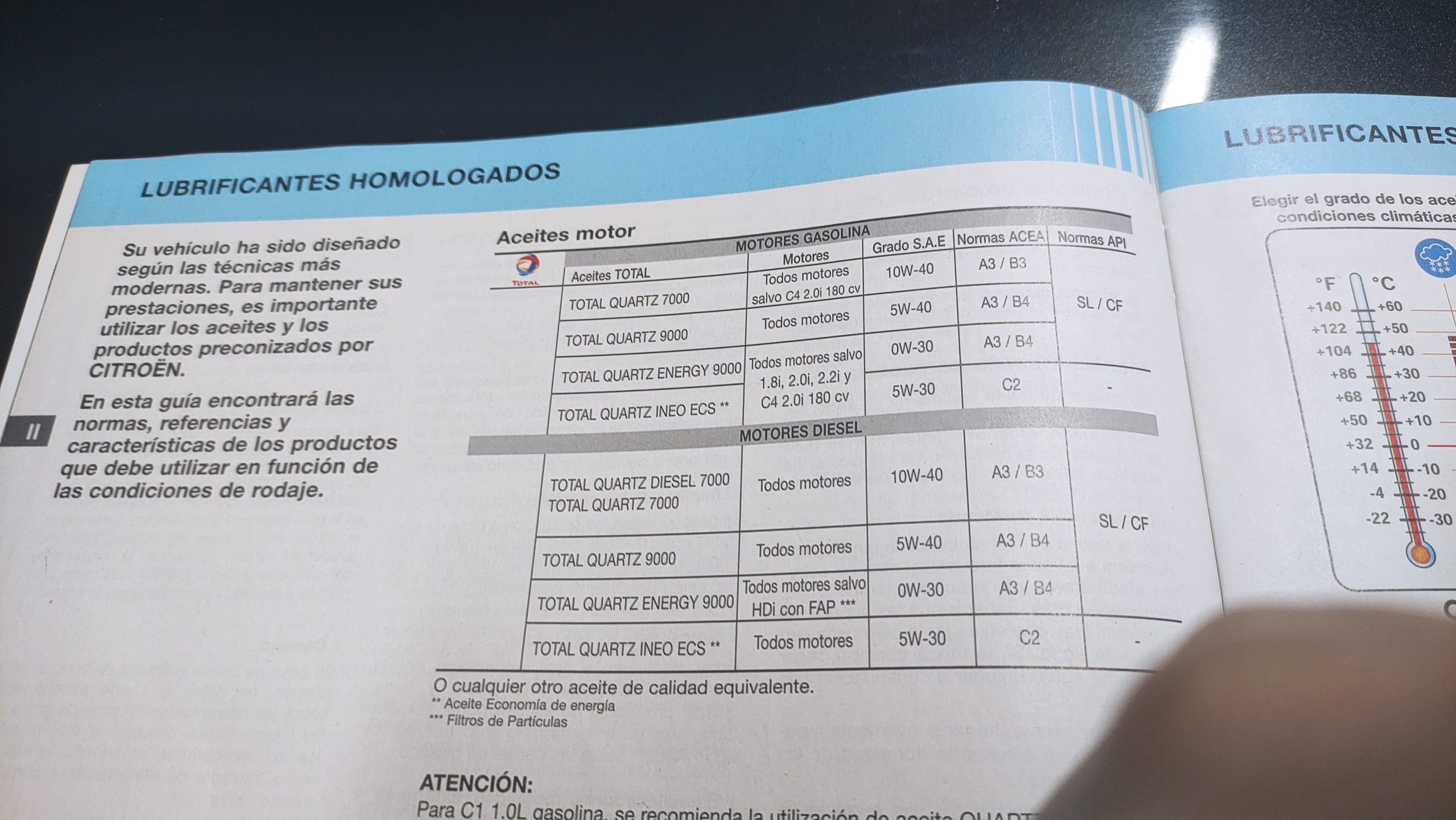
The next page shows a table based on environmental heat: the higher the outside temperatures, the greater the need for an oil that resists better at high temperatures.
So, from this table you may wonder how I ended up with 5W40 C3 oil.
The numbers.
First and most important are those numbers and characters we talked about and what they mean.
In this particular case:
5W (0W, 10W, 20W etc) – the oil’s specific characteristics in cold weather (W stands for winter)
40 (30, 50, 60 etc) – hot weather, climate
C3 (A3/B3, A3/B4, C1, C2, C4 etc) – the ACEA standards
ACEA – Association des Constructeurs Europeens d’Automobiles.
API SL/CF – American Petroleum Institute Petrol or Diesel rated oil
To understand the 5W40 oils (versus 5W30, 0W40, 0W30 etc.), this was the graphic that I relied on:
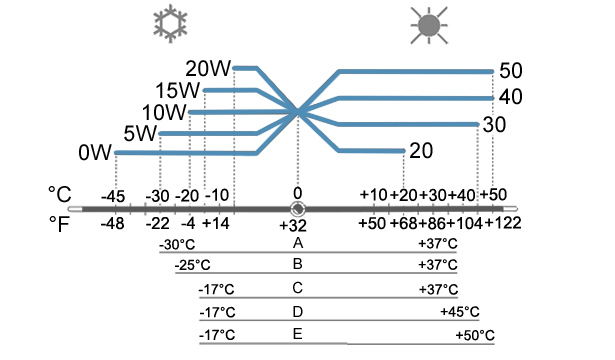
This image is from French Car Forum’s “Citroen Approved Engine and Gearbox Oils” page, full of valuable info.
The first part of the “5W40” — 5W — means the engine oil is suitable to be used in outside conditions as low as -30°C. Since we live in a more moderate winter area, we could easily go with 10W40 without any issue. However, we sometimes drive during the winter to locations with -20°C, so for us 5W oils are a good choice.
The second number is much more interesting. In the car’s manual and repair/maintenance schedule book, both 40 and 30 rated oils are marked as acceptable.
But which one is better? Should we go with 40 or with 30?
I went with 5W40 because of the good behavior in high temperatures. Since we know these engines are tightly packed and they can heat up quite a bit, I thought choosing an oil rated to higher temperatures just made sense. The higher the grade for the oil, the less it loses it’s properties due to heat, so for me it was absolutely logical to go with the 40. Especially living in a warmer climate, where in summer there can be scorching heat…
So one part of the answer was settled. We are going to go with 5W40 oil.
But what do the other numbers mean?
What is the better choice: A3/B3, A3/B, C2 or C3?
In the book, A3/B3 oils are the most highly recommended, followed by A3/B4, and lastly the C2. Nowhere the C3 is mentioned.

This section below from French Car Forum’s “Citroen Approved Engine and Gearbox Oils” explains it well:
3. ACEA standards
3.1. Petrol and diesel mixed oils recommended by PSA PEUGEOT CITROËN
Examples :
- ACEA A3/B4 : Blended oils specific to certain direct injection diesel engines
- ACEA A5/B5 : Blended oils with very high performance, for all engines, favouring fuel economy
The meaning of the first letter does not change, it always refers to the engine type :
- A = Petrol and petrol/LPG dual fuel engines
- B = Diesel engines
The next figure does change and refers to the following types of oil :
- 2 = Mineral oils
- 3 = High performance oils
- 4 = Oils specific to certain direct injection diesel engines
- 5 = Oils with very high performance, favouring lower fuel consumption
CAUTION : Since 2004, the ACEA has imposed mixed oils : A2/B2 ; A3/B3 ; A3/B4 ; A5/B5. Therefore, all lubricants recommended by “PSA PEUGEOT CITROËN” are mixed ; There are no longer any specific petrol or diesel oils.
From this above list we can conclude that A and B oils are older oils, and they are mixed. Part mineral, part synthetic. And so far it seems that every oil brand agrees that synthetic oils are more reliable and have less impurities.
- Castrol: https://www.castrol.com/en_us/united-states/home/motor-oil-and-fluids/engine-oils.html
- Total: https://totalenergies.eg/en/news-blog/blog/what-are-differences-between-synthetic-oils-and-mineral-oils
- Ravenol: https://www.ravenol.de/en/lexikon
- Motul: https://www.motul.com/us/en-US/news/how-to-guides/powersport/484a9de8-635a-4143-918e-ccd1a0e7b56f
But in the 16 years since the car’s original manual was printed, many things changed in the oil field…
3.2. Introduction of low ash content oils (LOW SAPS)
Low ash content oils reduce the amount of ash entering the exhaust and so help lengthen the life of the emissions control system.
The ash content changes from 1,6 % in current oils to 0,8 % in these new oils (maximum authorised values).
N.B. : LOW SAPS (Sulphurated Ash Phosphorus Sulphur).
New ACEA specifications :
- C3 : Moderate ash content
- C2 : Moderate ash content and fuel economy
- C1 : Very low ash content and fuel economy
- C4 : Very low ash content and fuel economy
“C2” oil is a mixed petrol and diesel energy reduction oil more particularly adapted to engines equipped with an emissions control system.
Source: https://www.machinerylubrication.com/Read/31956/understand-oil-viscosity
Another conondrum: can I just replace the A3/B4 oil with C3? What if some of the specific elements, mineral content, and pretty much everything in that oil is as important as the HTHS viscosity?
Well, it remains to be seen. I had to make a decision based on the half information I had: if I use A3/B4 oil, I risk contaminating the whole engine with ash, clogging the EGR valves up much faster, messing up the DPF filter, and so on and so forth.
Hence my choice was to look into the ACEA C3 oils.
I compared the ACEA standard for A3/B4 oils with the ones for C3 oils, and of course with the C2 oils too.
The decision to go with the C3 oil came from the simple fact that A3/B4 and C3 oils had HTHS (High Temperature High Sheer) at 3.5 mPas, while the C2 oils only have this at 2.9mPas.
From my understanding, the HTHS value is very important when the engine is running hot, and the higher HTHS value gives more protective properties to the engine oil. In comparison, the lower HTHS value offers better fuel economy.
Why not use PSA standards?
I have read it somewhere that in the last few years, PSA-recommended oils were carefully selected to be more environmentally friendly by promoting some fuel economy. However, with a car that you would like to keep alive way beyond its intended life span, using thinner oil for a little fuel economy is very counterproductive.
We decided to use the oil that can offer the most protection, and for that we stuck to MB approved oils.
What are the many numbers on the back label, you may ask…?
Those are approval seals, standards for various manufactures, and car brands. The more an oil has, the better it is. At least in my translation. An oil that has none is of worse quality than an oil that has many.
How often do we change oil?
The recommendation in the manual was 30.000km for an oil change!
We consider this absolutely bonkers and insane. Our mechanic said we should change the oil at about 15.000 km, but we are adamant to change the oil at around 10.000km.
Many more experienced people say the oil is already contaminated at around 9000km, depending on which traffic conditions the cars are used in. We mostly use the car on highways, long trips, and try to actively avoid cities and long ques, so we are fine with the “around 10.000” km mark — BUT we constantly check the oil level.
I think this little video is very helpful to understand some of the issues with this engine, the oil, and what to do to keep the engine healthy as long as possible:
We often check the coolant level of the car, smell the engine, and check the oil level. We gave clear instructions to the mechanics in the garage to always fill the car with new oil to the middle of the oil dip stick, never above. And we check it regularly. If the oil level GROWS, it means instant oil change, no matter when the oil was changed before.
The above video pretty much states the obvious: you don’t have an oil well, so the level of the engine oil should NEVER grow in the car. So if it does, that means contamination present in the oil (probably from some failed DPF regenerations), which will cause it to lose its lubricating capabilities.
Note: I am in no means any sort of expert in cars or engine oils. I tried to compile the best answer possible for myself and our car. I wanted to KNOW that I at least tried to use the best possible oil and that I gave our car a fair chance to have a long and healthy life.
Reading about the many failed engines with low mileage, you can never be sure it won’t happen to your car. But at least we try, and we hope to be able to enjoy this marvelous piece of engineering for a long time.
Because here is no car like the Citroen C6.
P.S. Not so long ago, we were in 3 different C6 meetings and were pleased to hear that my conclusion to use 5W40/C3 oil is shared among the people who are considered experts in the field — people who actually repair and know almost everything about the car and the engine.
Also I found the Spanish car manual from 2015, and in there it is very clearly stated: the oil used in this car should be either 5W40 or 10W40, depending on the temperatures.
The next conundrum is the coolant, which you would also think is easy… but just like with engine oils, there is more to the story. :)))
Update(nov. 2022):
The sad thing is that the oil connondrum is not 100% settled. I cannot say for certain, that my choice of oil for the car is the best, or that I cannot be wrong about it. There are some posts on facebook where people who know MORE about the engines (LOL… I know nothing so…) who swear by the A3/B4 mineral oils, because these have higher TBN (Total Base Number). From what I understand this is another very important factor and it shows the capability of the engine oil to neutralize the acids formed when oxigen is burned by the engine. Instead of trying to explain, here is a quote:
“Total Base Number (TBN) is the quantity of acid, expressed in terms of the equivalent number of milligrams of potassium hydroxide that is required to neutralize all basic constituents present in 1 gram of sample (ASTM Designation D 974)”.
However, this is rather abstract and do not give clearly an indication of what TBN in an engine does or how much is needed to get an effective engine protection.
In all the engine, you are burning fuel and as a side reaction, you have some reaction with oxygen, called oxidation. This is a chain reaction that cannot be avoided, and it is accelerated under hot and oxygen-rich environment like a combustion chamber. Oxidation leads to the formation of damaging acids. To measure the quantity of acid, there are different techniques that give the concentration expressed under the acronym TAN: Total Acid Number. One of the main element leading to the formation of strong acids is the presence of sulphur in fuel: the more sulphur, the more acids.
The presence of Sulphur in fuel depends mainly on the local legislation, as shown in the following world map for diesel as example.
from here: https://www.rymax-lubricants.com/updates/total-base-number/ (there is more, be sure to check the link).
SO basically we would need to know the Sulphur level in the diesel when this engine was created (around 2004 if I am not mistaken) and compared it to the current level, to have any starting point in deciding if we need a higher TBN oil or a lower TBN will just do fine, because the sulphur level of the current diesel fuels was reduced over the years.
P.S. I found this PDF, 300+ pages of “stuff” I will never read, because it´s pointless, and I don´t understand it anyway 🙁 about the sulphur levels in 2004.
Why it is that every time I even think about this oil issue, it feels just a bigger connondrum, instead of having a solid answer to it?
